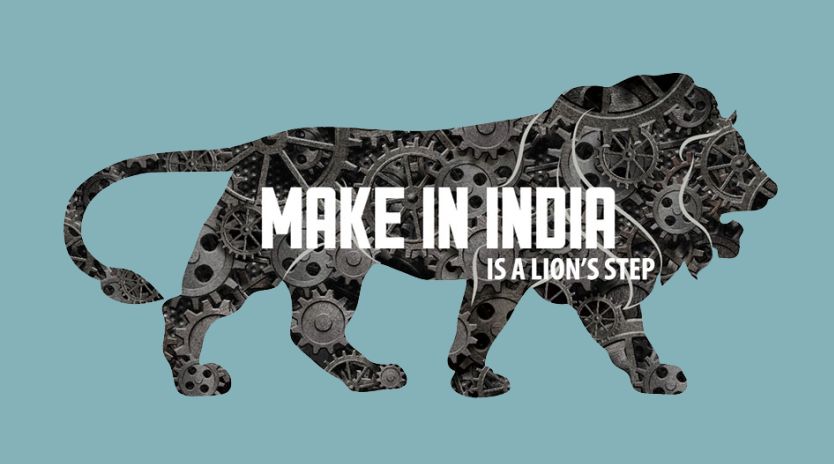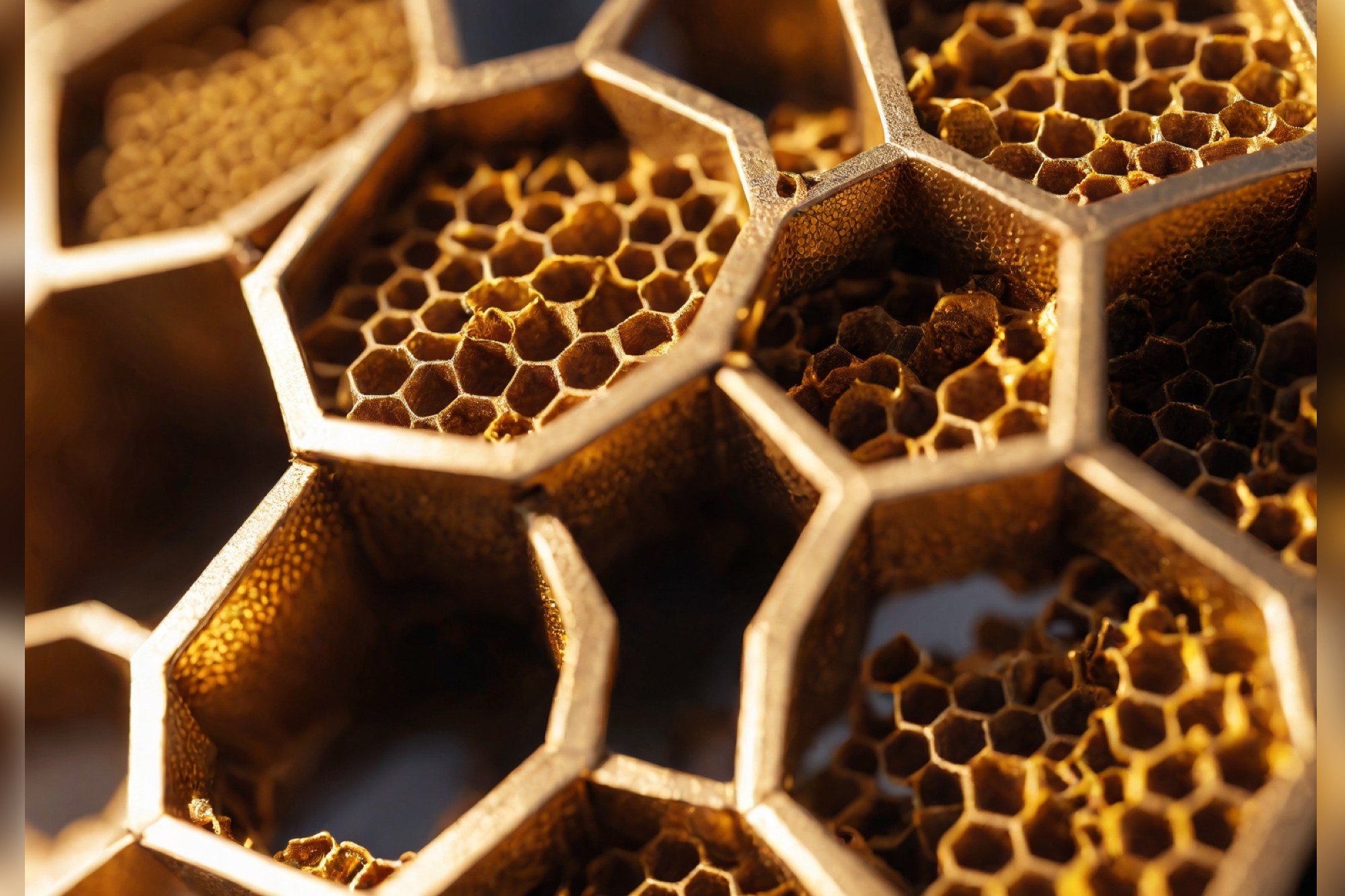PLI to inject initial boost in some sectors; encouraging ‘Make in India’ initiative
By OEM Update Editorial June 14, 2022 12:24 pm IST
The machine tool industry plays a crucial role in propelling the economy. The segment is central to the Government’s flagship Make in India and Skill India initiatives.
The PLI scheme intends to promote, nurture and reward domestic manufacturing. PLI scheme encourages foreign and Indian companies by giving them incentives. The PLI schemes aim to promote manufacturing of Indian units by offering production incentives, ensuring efficiencies, improving ease of doing business to boost domestic manufacturing output, and creating export hubs at the district level. Such initiatives, identification of champion sectors, increased FDIs, and reforms towards ease of doing business in the manufacturing sector, augur well for manufacturing.
With the intended initiative to offer benefits to Indian Industries and increase manufacturing activities and exports from India, the Production-Linked-Incentive scheme (PLI) introduced in 2020 benefitted around 150 manufacturing units, generating around Rs. Forty-six thousand four hundred crores with a potential for increased employment. The PLI extends to 14 sectors to achieve the AtmaNirbhar Bharat vision, potentially creating 60 lakh new jobs and additional Rs. 30 lakh crore production. PLI Schemes promote the creation of production, employment, and economic growth, which is expected over the next five years and more. The scheme’s objective is to provide incentives to companies for the incremental sales of products manufactured within India. It also invites foreign companies to set up their plants in India and help expand manufacturing units, increase exports, decrease imports and generate employment.
For instance, the PLI scheme in the Indian Steel sector will help to enhance manufacturing capacity and increase the total exports. The scheme will improve globalization for automobile and auto components, making them more competitive. Drone and component is the latest inclusion as the 14th sector under PLI. An outlay of INR 1.97 Lakh Crore is allocated for PLI Schemes across 14 key sectors to create national manufacturing champions and generate employment opportunities for the country’s youth. As part of the ‘Ease of Doing Business, a scheme for design-led manufacturing is to be launched to build a robust ecosystem for 5G as part of the PLI Scheme.
The PLI schemes will likely attract investments in sectors of core competency and cutting-edge technology, ensuring efficiency and making Indian manufacturers globally competitive in value chains. Investment Information and Credit Rating Agency (ICRA) reports PLI scheme will encourage the manufacturing capacity and is expected to make a capital expenditure of around Rs. 4 trillion in the next five years. PLI Scheme’s benefits could witness the scheme’s expansion for many sectors and industries. According to Subhrakant Panda, MD, Indian Metals & Ferro Alloys Ltd, &Sr. Vice President FICCI, the PLI Schemes launched by the current Government will significantly impact manufacturing growth. He believes, “PLI schemes will lead to creating global champions. The PLI scheme aims not to have a permanent incentive structure but to give an initial boost in some sectors.” With MSME units making up over 70% of the machine tools industry, the Government is pushing small businesses towards Atmanirbharta.
PLI leveraging AI and IIoT to support localization
Introducing the PLI scheme by the Indian Government is a brilliant move. Optimistically, PLI will leverage AI, IIoT, and additive manufacturing to ramp up production. The Government is focusing on emerging technology like AI & IIoT, which is a critical factor for Industry 4.0/5.0 revolution. Elaborating on PLI schemes, Sachin Pawar, Head of Applications & Software Testing, Carl Zeiss India, says, “PLI supports local industry to work with a big global player and understand new technology, optimize the production, manufacturing better quality products and creating new job opportunities.” Additive manufacturing is a growing field that is helping to explore new alternative production processes with different materials and cost-effective ways with high productivity. In the next couple of years, additive manufacturing will ramp up production in other areas. The PLI scheme for additive manufacturing will help to produce complex parts in the most cost-effective ways and will save a lot of import costs for the Government. As manufacturing needs get more technical, manufacturing firms will need to invest, learn and implement newer manufacturing practices, such as additive manufacturing, IIoT, and flexible robotic manufacturing cells.
Aim of Government introducing PLIGovernment is multi-pronged concerning the PLI scheme. Krishnan, Managing Director, TaeguTec India Pvt. Ltd., believes the ‘Make in India’ push using the Production Linked Incentive scheme will generate new capacity in the country, catering to domestic and Export requirements. For startups, the plan creates the potential for a CAPEX in the manufacturing industry upwards of 3.5 trillion rupees before the end of this decade, increased employment potential for over 3 million people, and advanced technological competency & capacity of over a dozen essential sectors in the manufacturing domain. Overall, this will build an ecosystem of modern and scalable manufacturing within the country. Speaking about technologies, Vineet Seth, Managing Director, South Asia & Middle East, Mastercam APAC, remarks, “The PLI scheme intends to promote, nurture and reward domestic manufacturing. To this end, a parallel stream will also progress for upskilling and increasing newer technology adoption as domestic firms take up the mantle of critical manufacturing.
While AI and IOT additive manufacturing are enablers from a technology perspective, the PLI is an initiative the Government Founder & Director of ATQ Metro Pvt. Ltd. The scheme offers financial incentives in cash payments linked to the increase in production over a base year.
“Recent reports related to the success of PLI scheme show positive growth overall. Electronic Export alone has risen by nearly 50 percent this year to date. Several companies have qualified under Pharma, White Goods, Renewable Energy, and Chemical Industries for the PLI scheme this year. A visible change is the positive growth of our country in the Global Manufacturing Risk Index of 2021, where we moved up one place to be the second most favorable destination for manufacturing, displacing the USA. Due to the ongoing shortage of microchips worldwide, five companies seem to have been shortlisted to manufacture high-end microchips under the PLI scheme. I’m confident this will take us forward as a manufacturing economy of the current century”, adds Vineet.
Given the Rs.3 lakh crore in PLI incentives to be paid out, we must first consider what the incentives are intended to achieve when evaluating manufacturing growth. The PLI scheme is designed to attract global companies to manufacture in India and encourage Indian manufacturers to expand their operations. The scheme offers financial incentives in cash payments linked to the increase in production over a base year.
PLI is going to help in boosting manufacturing capacity enabling Export. Kapil says, “PLI scheme encourages foreign and Indian companies by giving them incentives. Recently, manufacturing giants have been planning to move their manufacturing units from China. This huge opportunity for India to become the world’s biggest manufacturing hub. And PLI schemes can help boost manufacturing capacity, but also, we can be an export giant worldwide. Since the incentive aims to support domestic manufacturing and increase output and productivity, it is feasible to increase production to a level that would expand the quantum of exports from India over the long term.
The announcement of the Production Linked Incentive (PLI) scheme has been encouraging, enabling the flow of significant investments in domestic manufacturing industries. Deepak Miglani, General Manager – Industrial Lubricants, ExxonMobil Lubricants Pvt. Ltd., responding to the benefits, says, “The scheme for design-led manufacturing to build a strong business ecosystem is encouraging for both MSMEs and SMEs. To boost manufacturing, employment generation, import reduction, and export growth, the PLI scheme covers strategically significant sectors that have seen surging demand and are critical to developing manufacturing capabilities in India.” It has great promise, and industry leaders are waking up to it.
Final note Moving ahead, the machine tools industry constantly evolves, with new technologies and developments impacting how companies operate. Foreign collaborations and tie-ups can lead to expanding manufacturing unit capacity in India. It can help improve the competitiveness of the Indian manufacturing sector and create jobs and spur economic growth. Since PLI is linked with production and incentivizes manufacturing firms on incremental sales of products in domestic units, manufacturing organisations will be motivated to move up through the value chain to cater to export markets by producing more. The Government has been aiming to increase the manufacturing output in the country as a part of its ‘Make in India’ initiative. On a positive note, the industry is looking ahead to that.
Cookie Consent
We use cookies to personalize your experience. By continuing to visit this website you agree to our Terms & Conditions, Privacy Policy and Cookie Policy.


















